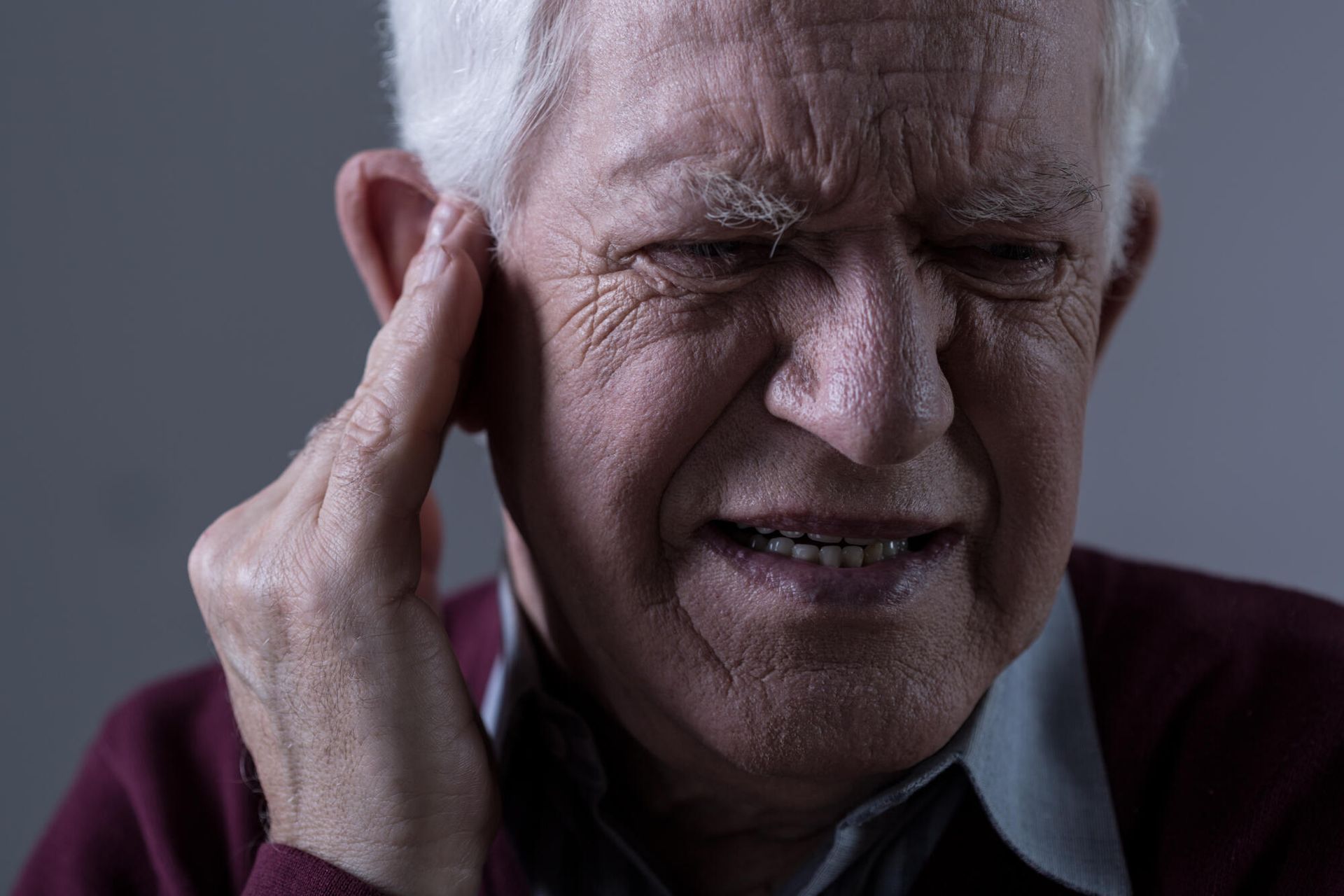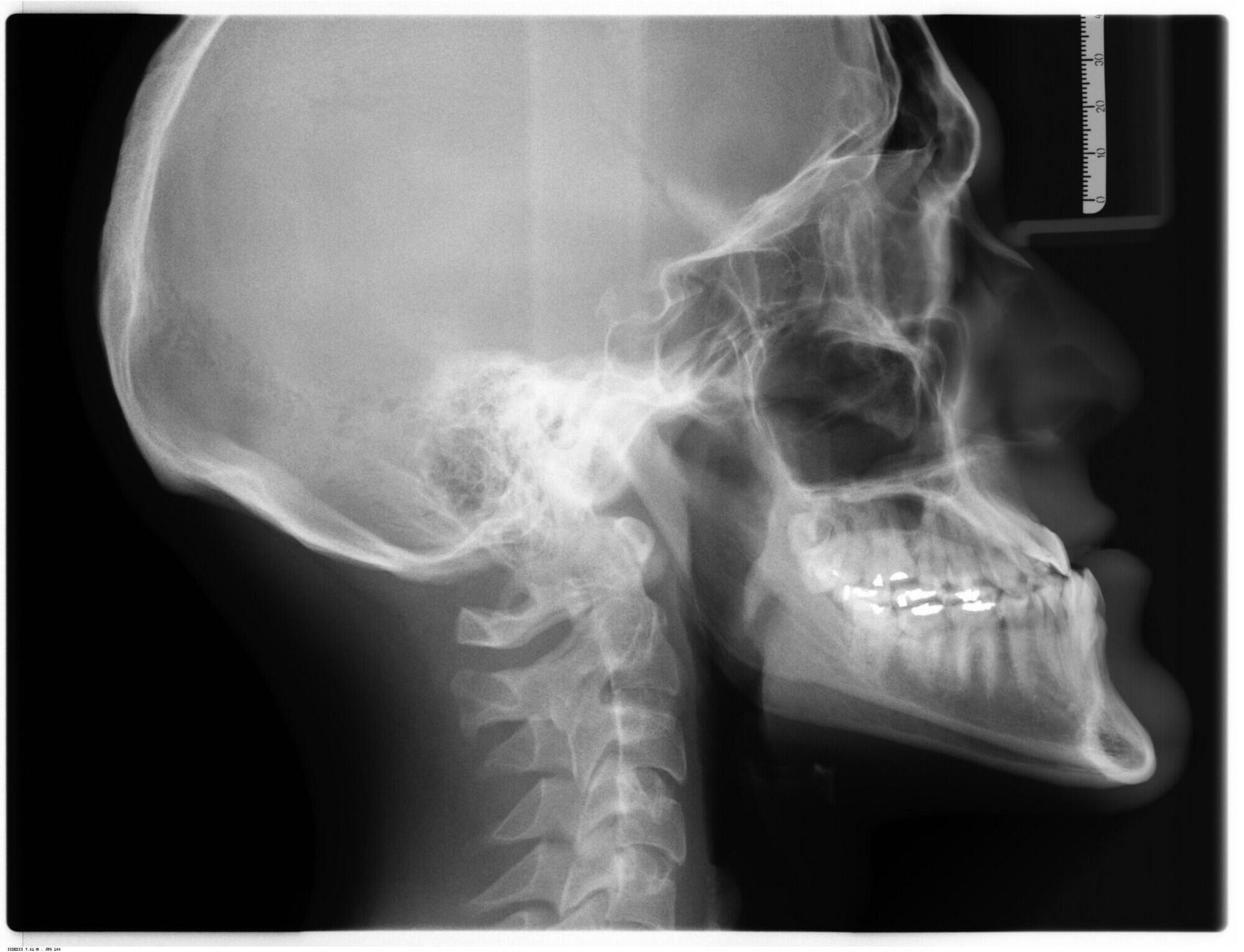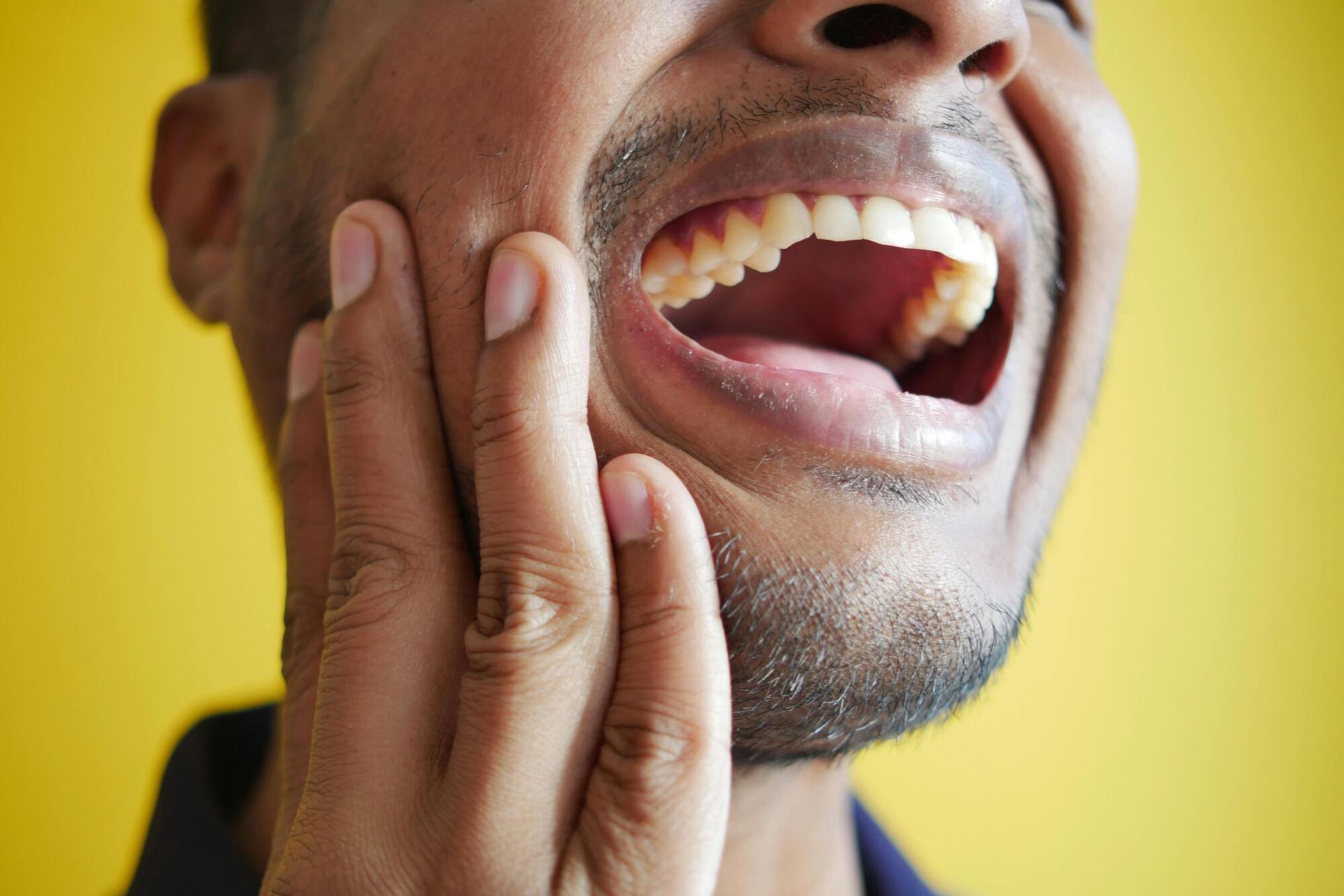Stress and TMJ - Stress Management Techniques to Help Manage TMJ Symptoms
Imagine waking up with a sore jaw, a pounding headache, or even difficulty chewing your breakfast. These could be signs of a temporomandibular joint (TMJ) disorder, a condition that affects nearly 5% to 10% of Americans, according to News-Medical.Net. With over 30 different types of TMJ disorders, many people suffer from jaw pain and discomfort without realizing the connection between stress and their symptoms.
If you've been struggling with jaw pain, headaches, or difficulty chewing, understanding how TMJ and stress contribute to TMJ symptoms is key to finding relief. Keep reading to discover effective stress management techniques that can help you regain control of your jaw health and overall well-being.
Understanding TMJ Disorders
The temporomandibular joint connects your jawbone to your skull, facilitating movements essential for speaking, chewing, and yawning. Disorders of this joint, commonly referred to as TMJ disorders, can lead to the following:
- Jaw pain or tenderness
- Difficulty chewing or opening your mouth
- Clicking, popping, or grinding sounds in the jaw
- Headaches and earaches
- Facial pain or swelling
- A locked jaw, making it difficult to open or close your mouth
TMJ disorders may stem from a variety of factors, including:
- Injury, arthritis
- Misalignment of the jaw
- Stress
Stress is a significant contributor to symptom exacerbation. Managing TMJ symptoms requires a combination of the following:
- Self-care
- Stress management
- Professional treatments
The Connection Between Stress and TMJ
Stress manifests physically in many ways, often impacting the jaw and exacerbating TMJ disorders. Here's how stress influences TMJ symptoms.
Teeth Clenching and Grinding (Bruxism)
Stress often leads to unconscious clenching or grinding of teeth, particularly at night. This habit puts excessive pressure on the jaw joints and muscles, resulting in pain, stiffness, and long-term damage to the teeth and joints.
Muscle Tension
High stress levels cause muscles, including those around the jaw, to tighten. Continuous muscle tension leads to inflammation, soreness, and an increased risk of TMJ pain flare-ups.
Behavioral Changes
Under stress, people may develop habits like nail biting, excessive gum chewing, or resting the chin on the hand. All of these can strain the jaw and worsen TMJ symptoms. These repetitive behaviors may seem harmless but can contribute to chronic jaw tension and exacerbate discomfort.
Altered Breathing Patterns
Stress can lead to shallow breathing, which reduces oxygen flow and can increase muscle tension in the face and neck, intensifying TMJ pain. Implementing conscious breathing techniques can help promote relaxation and ease muscle stiffness in the jaw and surrounding areas.
Understanding the role stress plays in TMJ and stress-related symptoms is the first step in finding effective solutions. Implementing TMJ stress solutions can reduce pain and discomfort.
Effective Stress Management Techniques for TMJ Relief
Managing stress is crucial for alleviating TMJ symptoms. Incorporating these stress reduction methods can protect your jaw health and improve your overall well-being.
Practice Relaxation Techniques
Daily relaxation exercises help reduce muscle tension and promote calmness, which is essential for managing TMJ symptoms. Effective techniques include the following:
- Deep breathing exercises
- Meditation and mindfulness
- Stretching exercises
Be Mindful of Jaw Activity
Becoming more aware of your jaw movements can prevent unnecessary strain. Practicing small adjustments, such as maintaining a neutral jaw position and avoiding excessive talking or chewing, can reduce tension and discomfort.
Use a Nightguard
If you grind your teeth at night due to stress, a custom nightguard can protect your teeth and reduce pressure on your jaw. Nightguards are an effective TMJ relief technique that prevents further damage to the jaw joint and reduces morning jaw stiffness.
Engage in Regular Physical Activity
Exercise is a proven stress reduction method that benefits mental and physical health. Regular movement not only helps relieve tension in the body but also promotes better circulation, which can reduce inflammation and ease TMJ discomfort.
Consider the following activities and exercises:
- Aerobic activities
- Strength training
- Stretching exercises
Improve Your Posture
Poor posture contributes to jaw pain by increasing neck, shoulders, and jaw muscle tension. Maintaining good posture while sitting, standing, and sleeping helps reduce strain on the temporomandibular joint. Consider the following methods to improve your posture:
- Use Ergonomic Support: If you work at a desk, ensure your computer screen is at eye level and your chair provides proper back support
- Take Breaks: Avoid prolonged sitting or looking down at screens to prevent muscle stiffness
- Practice Neck and Shoulder Stretches: Gentle stretching throughout the day can help prevent tension
Seek Professional Help
When self-care methods do not provide sufficient relief, professional treatment options are available for managing TMJ symptoms. Consulting a specialist can help determine the most effective treatment plan tailored to your specific needs. Here are a few options:
- Physical Therapy
- Medications
- Dental treatments
- Cognitive Behavioral Therapy (CBT)
TMJ Stress Solutions for Long-Term Relief
Long-term TMJ relief techniques involve combining multiple strategies to reduce stress and prevent symptoms from recurring. Consider incorporating the following habits into your lifestyle:
- Maintain a Balanced Diet: Reduce caffeine and alcohol consumption, as these can increase stress and muscle tension
- Get Enough Sleep: Poor sleep can worsen stress and jaw pain, so aim for 7-9 hours of restful sleep per night
- Massage Therapy: Regular jaw and facial massages can reduce muscle tightness and improve blood circulation
- Stay Hydrated: Drinking enough water helps maintain muscle elasticity and reduces cramping in the jaw
- Identify Stress Triggers: Recognizing and managing sources of stress can prevent TMJ symptoms from flaring up
- Practice Jaw Relaxation Techniques: Performing daily jaw relaxation exercises can help train your muscles to stay loose
Managing TMJ and Stress
Understanding the intricate link between TMJ and stress is essential for finding effective relief. By implementing stress reduction methods and being mindful of habits that impact your jaw health, you can alleviate TMJ symptoms and enhance your overall well-being.
Seek professional care if you're experiencing persistent jaw pain, discomfort, or difficulty opening and closing your mouth. Dr. Lynch, featured in the Northern Virginia Dentist, specializes in neuromuscular dentistry and provides comprehensive solutions for managing TMJ symptoms. Dental Care Burke is committed to helping patients find lasting relief.
Schedule an appointment with Dental Care Burke for treatment tailored to your needs.
DENTAL CARE BURKE
Bernard W. Lynch, DMD, FAGD , LVIF
BUSINESS HOURS
- Mon - Fri
- -
- Sat - Sun
- Closed
703-705-7401












